The UN Calls for Reform Amid Crisis and Confrontation
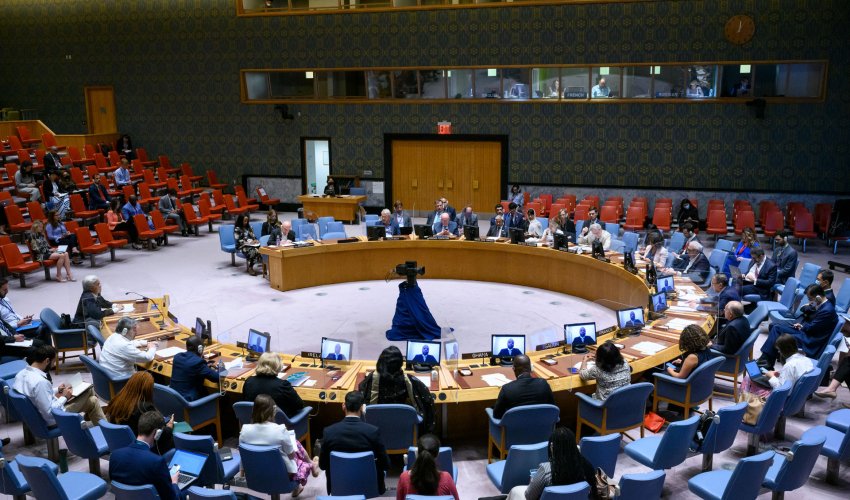
Two weeks later, the UN’s call for reform faces the same divisions it sought to overcome.
Two weeks after world leaders gathered in New York for the 80th session of the United Nations General Assembly, the echoes of that tense opening week are still being felt. The anniversary session, chaired by German Foreign Minister Annalena Baerbock, unfolded against the backdrop of war, humanitarian catastrophe, and growing distrust toward the very institutions created to safeguard peace.
The theme — “Together: 80 Years of Working Together for Peace, Development, Human Rights, and the Way Forward” — was intended to demonstrate unity. Yet the atmosphere in the General Assembly Hall exposed sharp divisions fueled by the grinding war in Ukraine, devastation in the Gaza Strip, and the growing sense that the UN Security Council, the organization’s most powerful body, has been paralyzed by the very countries entrusted with maintaining global security.
As usual, the United States opened the proceedings. President Donald Trump delivered a 56-minute address that resembled more a campaign rally than a multilateral vision. He accused the UN of promoting a “globalist agenda,” mocked green energy as a “scam,” and urged Europe to abandon Russian gas. He rejected the recognition of a Palestinian state, reaffirmed strong support for Israel, and demanded the release of hostages held in the Gaza Strip.
The speech, punctuated by improvisations and personal attacks — including one directed at the mayor of London — drew gasps from the audience and dominated headlines around the world.
CNN described Trump’s remarks as both “dramatic and confrontational,” emphasizing his condemnation of globalism and portraying his address as a defense of national sovereignty and a rejection of international frameworks that, in his view, undermine America’s power. His claim that certain conflicts, including between Armenia and Azerbaijan, had been “resolved” was widely regarded as an exaggeration.
Nevertheless, Trump’s words carried weight. The United States remains the largest donor to the United Nations, and its relationship with the organization has fluctuated between uneasy partnership and open hostility. Secretary-General António Guterres, who had previously sought to rebuild relations with Trump, is now advancing a reform package known as the UN-80 Initiative, aimed at streamlining bureaucracy and strengthening the organization’s financial sustainability.
However, among traditional allies, patience appears to be wearing thin. European diplomats, once inclined to “wait out” American volatility, now acknowledge that ignoring Washington’s role leaves critical questions about the UN’s future unanswered.
Other leaders adopted markedly different tones. Turkish President Recep Tayyip Erdoğan strongly urged Israel to halt its military operations in the Gaza Strip and called for an immediate ceasefire. The Emir of Qatar, Sheikh Tamim bin Hamad Al Thani, condemned the killings and described actions that, in his words, undermine diplomatic efforts to end what he called the “genocide” of the Palestinians.
Kazakhstan’s President Kassym-Jomart Tokayev sought to elevate the discussion, positioning his country as a voice for reform. Drawing on his experience as a career diplomat and former UN official, Tokayev renewed calls for Security Council reform, warning that global military spending is projected to rise to $2.7 trillion in 2024 despite the collapse of arms control treaties.
“The psychology of hostility is dragging all participants into the abyss,” he warned, urging world leaders to move beyond the “militant mentality.”
His remarks reignited a long-standing debate about the Council’s structure. Established in 1945, the body is governed by five permanent members — the United States, Russia, China, France, and the United Kingdom — each wielding veto power. In practice, that veto has become a tool of paralysis. Washington has used it six times since 2023 to block calls for a ceasefire in Gaza, while Moscow regularly vetoes resolutions concerning its war in Ukraine.
Tokayev argued that “middle powers” such as Kazakhstan — nations with resources but without superpower ambitions — could serve as bridges between blocs.
He endorsed the “G4 model” promoted by Germany, Japan, India, and Brazil, which calls for adding permanent members from Asia, Africa, and Latin America, while emphasizing the importance of rotation and accountability to prevent domination by major powers like China and Russia.
His reasoning drew credibility from Kazakhstan’s track record: renouncing nuclear weapons in the 1990s, hosting peace talks on Syria, and establishing the UN Center for Nuclear Disarmament in 2023. “As long as the superpowers resort to brute force,” he told delegates, “the middle powers can remind us that cooperation and reform are the only path to peace.”
By the end of the opening day, the General Assembly had already exposed the contradictions of global governance: lofty rhetoric about unity contrasted with speeches revealing the deep divides of today’s world.
For many diplomats, the question remains whether the United Nations can adapt — or whether, eighty years after its founding, it risks being sidelined by the very crises it was created to resolve.

























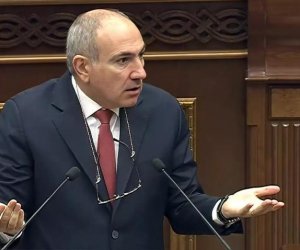
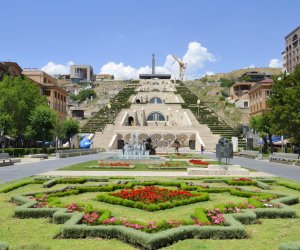
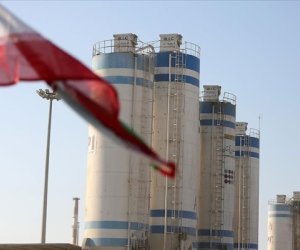
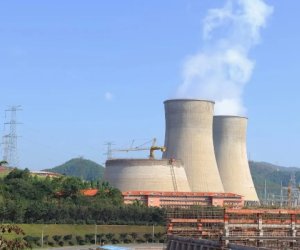
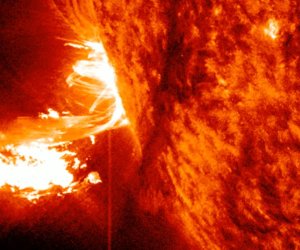
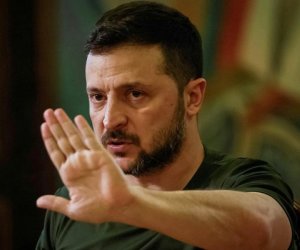





 Photo
Photo 



 Video
Video 

